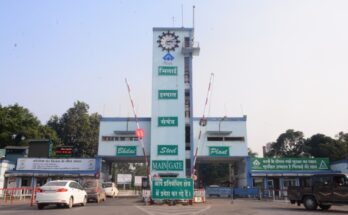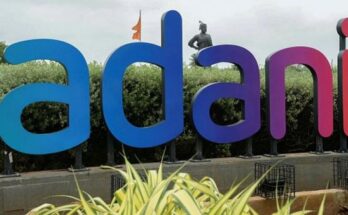
Team News Riveting
New Delhi, September 1
The Supreme Court allowing the telecom companies to stagger their payments of the adjusted gross revenue (AGR) related dues over the next 10 years had been responded by the stock market in red and green.
While the Vodafone Idea slipped into red, Bharti Airtel surged green. The court ruled that telecom firms like Vodafone Idea, Bharti Airtel and Tata Teleservices would need to pay 10 per cent of their AGR-related dues by March 31, 2021.
Shares of Vodafone Idea settled nearly 13 per cent lower at Rs 8.89 on the BSE after the Supreme Court’s decision that had come as a big jolt for the company as it had sought 15 years to pay its AGR dues. The Airtel Bharti share surged about 7 per cent.
Why will Vodafone be the worst affected? The AGR due to Vodafone as fixed by DoT is highest among all companies at Rs 58,200 crore. Vodafone had so far managed to pay only Rs 7,900 crore. According to government estimates, Bharti Airtel owes Rs 43,780 crore of AGR dues but it had paid Rs 18,004 crore. Tata Teleservices has paid about Rs 4,197 crore and the balance amount due is about Rs 12,601 crore.
Since the Supreme Court had now decided on 10-year repayment tenure, it would clearly be a big challenge for Vodafone Idea, which is already steeped in debt.
AGR is the basis on which the Department of Telecom calculates levies charges payable by operators. Basically, it is a metric calculated from a company’s gross revenues and is used to determine the levy that will be imposed on the telecom’s income.
The 14-year-old AGR case was the outcome of mobile operators locking in a legal battle with the government over the definition of the term. While the telecom providers insisted that AGR should only include revenue from core operations and that other sources should be excluded, the department contested that AGR also embraced non-core revenue from the sale of assets, interest on deposits, licence fee and spectrum usage charges, rental income and such like.



